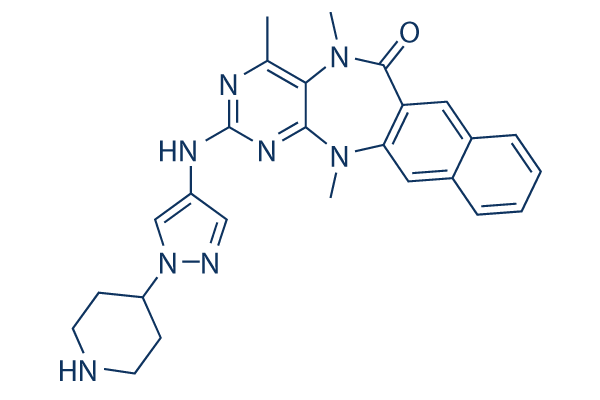Genes regulating cell cycle, differentiation and motility, macromolecule biosynthetic and metabolic process, and angiogenesis are up-regulated in early pregnancy, whereas genes involved in lipid and chemosensory metabolism, stress response, signal transduction and ion transport are highly expressed in term placenta. Another critical time-point in human pregnancy and placental function is the switch from early to mid-gestation. In early pregnancy, normal trophoblast development is the key for successful implantation and formation of maternal-fetal interface that facilitates the dialogue between the two organisms. Midgestation placenta supports proportional fetal growth, organ development and fine-scale differentiation, as well as continuing maternal adaptation to pregnancy. Only one published study has compared gene expression differences between first and second trimester placentae and reported 61 differentially expressed loci that have been implicated in pregnancy, reproductive physiolology and interaction between organisms. However, the authors were focused on microarray data analysis, which was not followed by any experimental confirmation or biomedical implication. The present study had three main aims: transcriptome profiling of genes with significant expressional changes in placenta in progression from early to mid-pregnancy, and experimental confirmation of mid-gestation specific gene expression using Taqman qPCR in an extended sample; investigation of the novel hypothesis that the normal course of late pregnancy may be affected when the genes characteristic to mid-gestation placental transcriptome remain highly expressed until term; exploring the protein expression of the most prominent identified genes in pregnancy complications, and pilot evaluation of their applicability as biomarkers. The study reports 154 placental transcripts with significant change in expression levels from gestational weeks 5 to 18. The major advancement in the present study in contrast to earlier publications is the experimental validation of 24 loci from microarray analysis. Furthermore, we confirmed highly significant distinct mid-gestational peaks of gene expression for 10 genes in an extended sample-set of first, second and term placentae. In support of our study hypothesis, several mid-gestation genes Albaspidin-AA exhibited aberrant placental expression in complicated pregnancies at term, and alterations at the protein level were confirmed for CCNG2, LYPD6 and STC1. Our findings have direct potential for biomedical implications as we demonstrate highly significant elevated concentration of circulating hormone STC1 in the maternal serum in PE patients and LOUREIRIN-B especially in the PE subgroup accompanied by affected fetal growth. This warrants further investigations of STC1 as a prognostic biomarker of pregnancy outcome. As an additional novel finding, most of the identified genes specifically up-regulated in mid-gestation placenta have also been implicated in adult complex diseases. We hypothesized that the normal course of late pregnancy may be affected when the genes characteristic to mid-gestation placental transcriptome remain highly expressed until term. The hypothesis is based on the assumption that late pregnancy complications may be accompanied by either of the two scenarios: insufficient down-regulation of mid-gestation specific genes that would normally undergo rapid  inhibition at term, or continued transcriptional up-regulation of genes that would normally reach their expressional plateau already in mid-pregnancy.
inhibition at term, or continued transcriptional up-regulation of genes that would normally reach their expressional plateau already in mid-pregnancy.